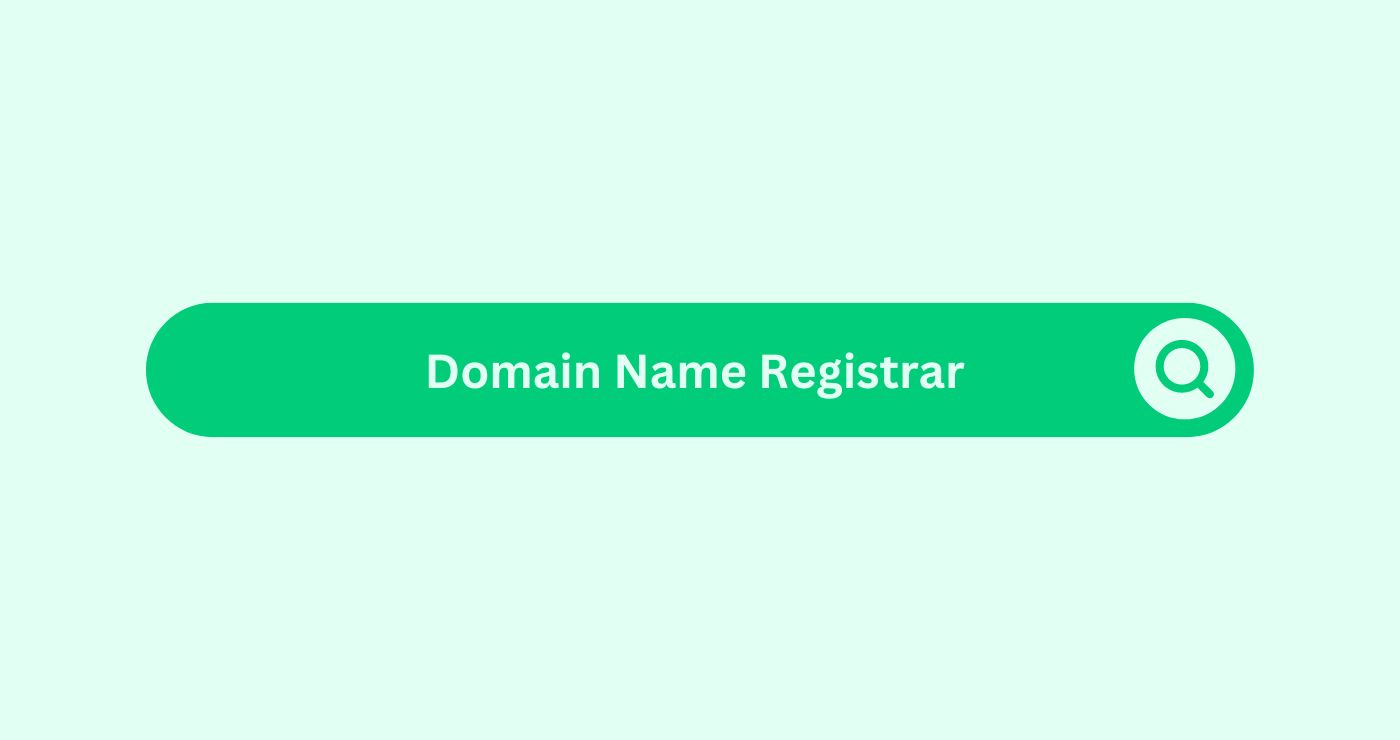Definition of Domain Name Registrar
A Domain Name Registrar is an organization or entity that manages the reservation of internet domain names. Accredited by the Internet Corporation for Assigned Names and Numbers (ICANN) or a national country code top-level domain (ccTLD) authority, registrars play a crucial role in the functioning of the internet by enabling the registration and management of domain names. Registrars provide services to individuals and businesses that allow them to secure a domain name, which is essential for establishing an online presence.
The process typically involves the registrar verifying the uniqueness of the requested domain name, ensuring it adheres to the naming conventions and is available for registration. Once registered, the domain name is added to a central databaseDefinition A database is a structured collection of data org... More managed by a registry. The registrar also offers tools for managing the domain, including DNS settings, renewal options, and sometimes additional services such as web hostingDefinition Hosting refers to the service of storing and main... More and email.
By working with a domain name registrar, users can search for and register their desired domain names, manage renewals to maintain ownership, and configure DNS settings to point the domain to the appropriate servers, thus making the website accessible on the internet.
How You Can Use Domain Name Registrar
Example
Consider a small business owner who wants to establish an online presence for their local bakery. The first step is to register a domain name that reflects their business, such as “localbakery.com”. The business owner visits the website of a domain name registrar, such as GoDaddy, Name cheap, or Google Domains. Here’s how the process unfolds:
- Domain Search and Registration: The owner searches for “localbakery.com” on the registrar’s website. The registrar checks the availability of the domain and confirms that it is available for registration.
- Domain Purchase: The owner proceeds to purchase the domain name by creating an accountDefinition In SEO, an Account refers to systematically manag... More with the registrar, providing the necessary information, and completing the payment process. The registrar then registers the domain name with ICANN or the appropriate ccTLD authority.
- DNS Configuration: After purchasing the domain, the owner uses the registrar’s tools to configure the DNS settings. This includes setting up A records to point the domain to the web server’s IP address, MX records for email services, and other necessary DNS configurations.
- Website Launch: With the domain registered and DNS settings configured, the owner can now launch their website, making it accessible to customersDefinition Customers, in the context of SEO, refer to the in... More at “localbakery.com”.
Formulas and Calculations
While there isn’t a formula per se for using a domain name registrar, understanding the cost structure and renewal processes is essential:
- Registration Cost: The initial cost to register a domain name varies by registrar and domain extension (e.g., .com, .net, .org). Typically, it ranges from $10 to $50 per year.
- Renewal Fees: Domain names must be renewed annually, with renewal fees often similar to or slightly higher than the initial registration fee.
- Additional Services: Registrars may offer additional services such as WHOIS privacy protection, SSL certificates, and web hostingDefinition Hosting refers to the service of storing and main... More, which can add to the overall cost.
For example, if the initial registration fee for “localbakery.com” is $12, and the renewal fee is $14 per year, the total cost for the first two years would be $26, not including any additional services.
Key Takeaways for Domain Name Registrar
- Accreditation: Choose a registrar accredited by ICANN or a relevant ccTLD authority to ensure legitimacy and reliability.
- Cost Structure: Understand the initial registration costs, renewal fees, and any additional service charges.
- DNS Management: Effective DNS management tools provided by registrars are crucial for configuring and maintaining your domain settings.
- Customer Support: Reliable customer support can be invaluable, especially if you encounter issues with your domain.
- Security Features: Look for registrars that offer security features such as WHOIS privacy protection and SSL certificates to protect your domain and website.
FAQs
What is a Domain Name Registrar?
A Domain Name Registrar is an organization that manages the reservation and registration of internet domain names.
Why do I need a Domain Name Registrar?
You need a registrar to purchase and manage a domain name, which is essential for establishing an online presence.
How do I choose a Domain Name Registrar?
Consider factors like accreditation, pricing, DNS management tools, customer support, and security features when choosing a registrar.
What are the costs associated with registering a domain?
Costs typically include the initial registration fee, annual renewal fees, and any additional services you may opt for.
Can I transfer my domain to another registrar?
Yes, you can transfer your domain to another registrar, usually involving a transfer fee and following specific procedures set by the new registrar.
What is WHOIS privacy protection?
WHOIS privacy protection hides your personal information from the public WHOIS databaseDefinition A database is a structured collection of data org... More, enhancing your privacy and security.
How do I configure DNS settings?
Most registrars provide a DNS management interface where you can set up and modify DNS records such as A, MX, and CNAME records.
What happens if I forget to renew my domain?
If you forget to renew your domain, it may enter a grace period where you can still renew it. If not renewed, it could eventually become available for others to register.
Can I register multiple domains for my business?
Yes, registering multiple domains can help protect your brand and direct trafficDefinition In the context of SEO (Search Engine Optimisation... More from various domain names to your primary website.




